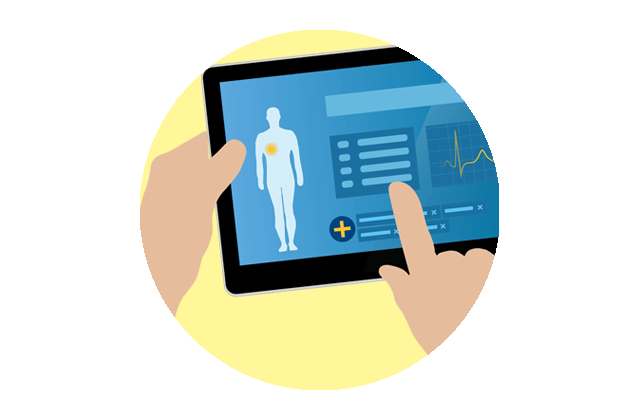PE Expert D course Requirements
Requirements for Participants
Applicants can come from any workplace in industry, government, or academia.
The following four requirements must be met.
1. have an education in the life science or healthcare field (undergraduate degree in science, master's degree, doctorate, doctor, veterinarian, dentist, pharmacist, nurse, laboratory technician, etc.)
2. Those who are engaged in the research and development of pharmaceuticals at pharmaceutical companies, medical institutions, or universities at the time of application (including medical-related departments of companies).
3. Those who are working full-time in the relevant department at the time of application.
4. Have an agreement between the workplace and the mentor regarding participation in the SMD program.
※ If you are not sure whether or not you meet the above 4 requirements, please contact the secretariat by e-mail. info@ji4pe.tokyo
Mentor Requirements
1. A degree in a life science or medical field
2. Have at least 8 years of experience in the area of drug development and be able to apply knowledge related to drug development science and pharmaceutical medicine
3. have undergone an induction training for mentors provided by the SMD Working Committee (*) prior to approval as a mentor, and be willing to continue to attend training as needed
4. Be willing to serve as a mentor for the entire period of SMD accreditation, if circumstances permit, and to participate in the annual review conducted by the Working Committee under the supervision of the SMD National Evaluation Committee(**)
5. Willingness to attend continuing training related to drug development science and pharmaceutical medicine.
(Note: * and ** are program implementation committees managed by members selected in accordance with the international SOPs of the SMD program)
Workplace Requirements
1. Training opportunities must be available through work
2. Training opportunities that meet the requirements of the curriculum
3. Support for participant follow-up and implementation of the training program, within the organization's policies, practices, and scope of acceptance
4. Support for mentors (including induction training for mentors) within the organization's policies, practices, and scope of acceptance
5. Opportunities for participants and mentors to be introduced to the program
6. There is an understanding of the program and an awareness of the need for participant and mentor involvement
7. The workplace is aware of and responsive to receiving advice from global stakeholders through the working committee(*) and contacting them as needed
8. Management of program quality through surveys of development status, response to surveys, training reports, and feedback from participants and mentors in third-party surveys.
(Note: * indicates a program implementation committee with members selected in accordance with the international SOPs of the SMD program)
PE Expert D course MENU a la carte


